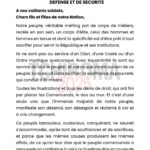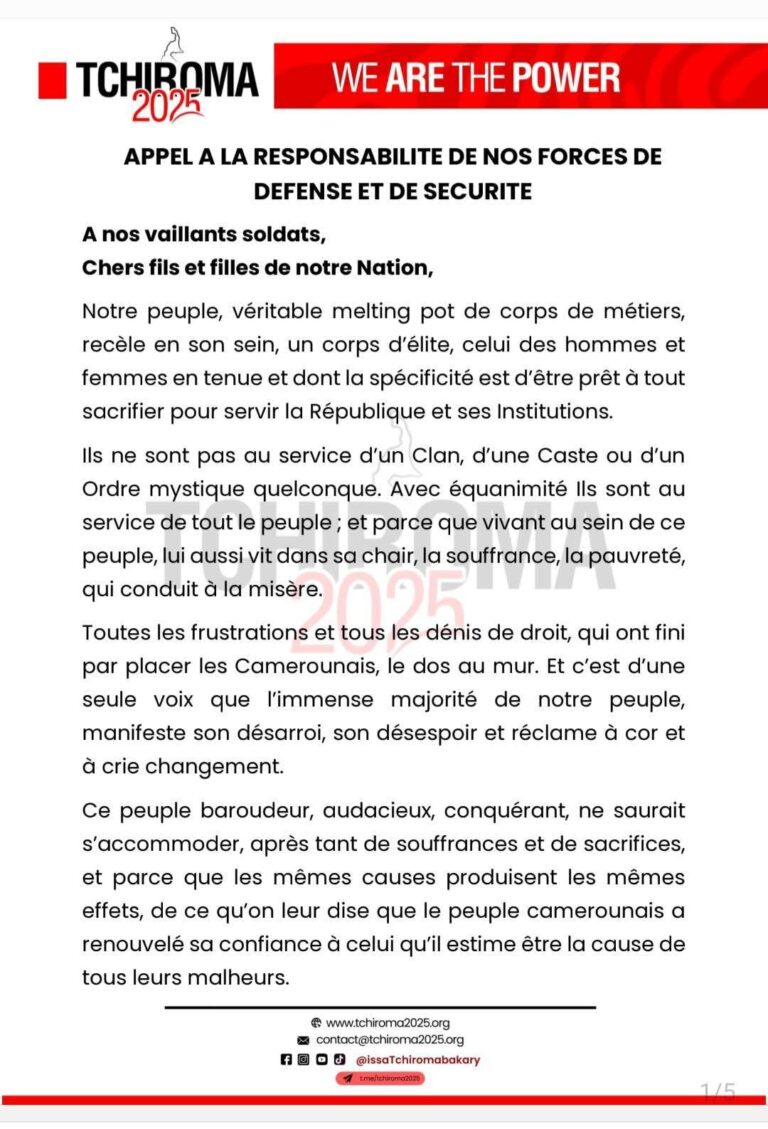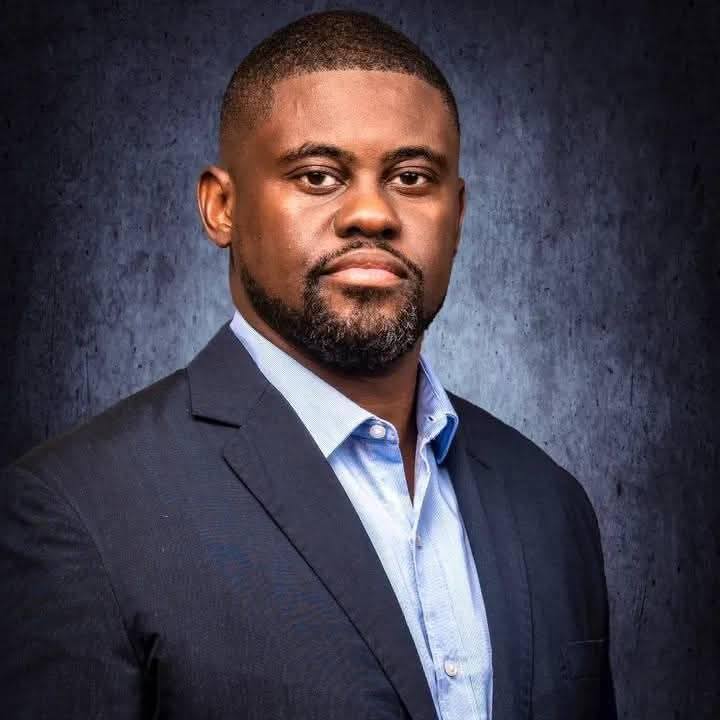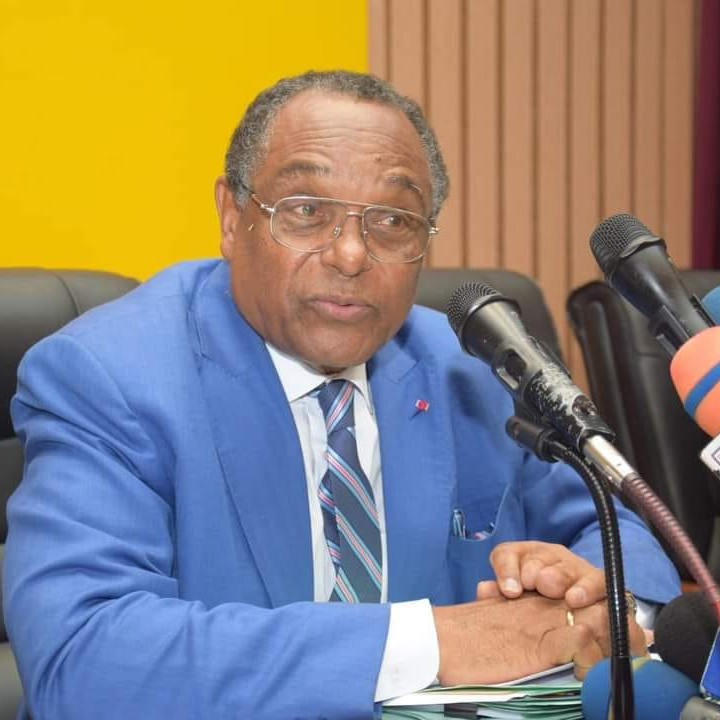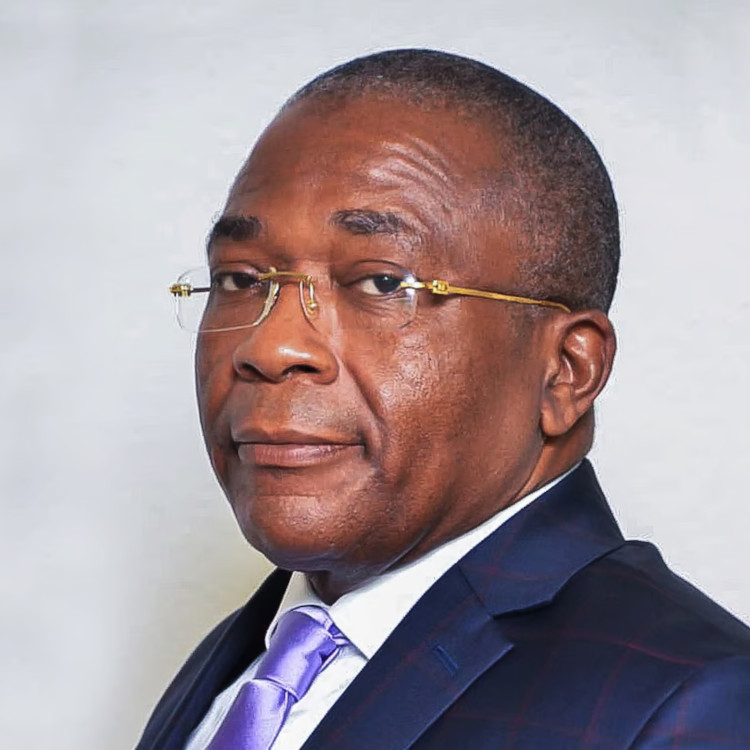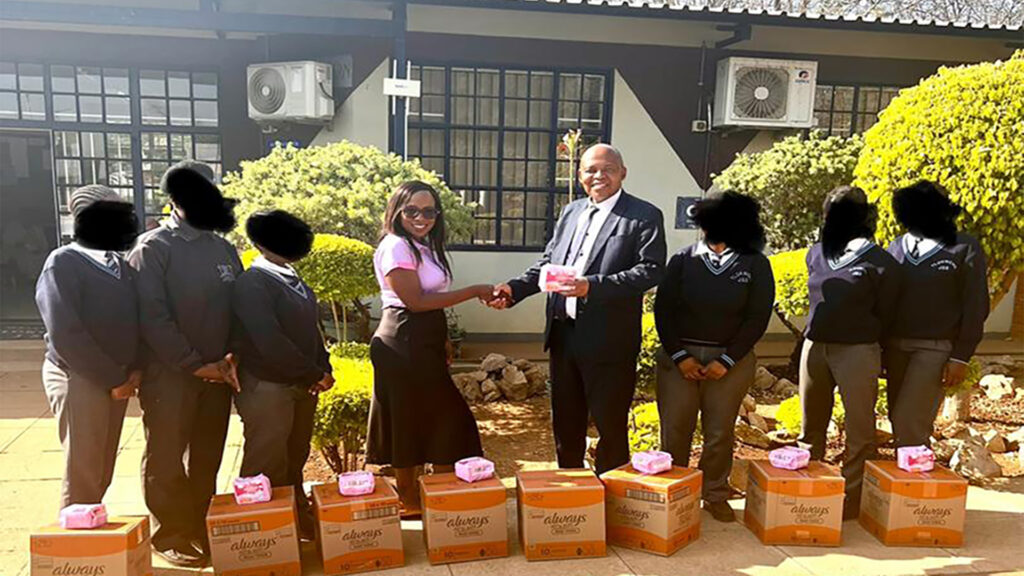
In Botswana, a nation of 2.6 million, women possess only 64% of the legal rights afforded to men. This stark disparity endures despite impressive female enrollment in higher education and the country’s promising economic prospects. Against this backdrop, a fresh force has emerged: Hopeful Horizons, a community development NGO committed to empowering women and tackling gender-based violence (GBV) at the grassroots level.
In an interview with the Weekend Post, the organization’s founders emphasized their foundation on transparency and collaboration. “I promote open communication amongst team members where everyone feels free to throw out ideas without feeling the need to be grand or innovative. An idea that can be taken as it is and nurtured to become impactful,” explained co-founder Motheo Masalila.
Their strategy hinges on forging strong ties with local institutions. Masalila elaborated, “I prioritize community involvement by working with local leaders such as the Office of MP Tlokweng, schools, and organizations to build trust and make sure our programs are geared towards helping those who need it most.”
Coordinator Karabo Segwati clarified that while the NGO’s mission extends to broader community development, its focus on women is deliberate and deeply personal. “Hopeful Horizons does not only focus on women’s empowerment and GBV, but it is also a community development NGO. Women’s empowerment and GBV is one of the causes we have taken and it is because as women ourselves, we have seen the struggles we face every day,” Segwati shared.
To assess their impact, the team has designed a dual approach. “We plan to measure the impact and successes of Hopeful Horizons through short-term and long-term methods,” Segwati said. “For the short term, we will utilize feedback from our collaborators and clients. As for the long-term measurement, an impact report at the end of the year to show our progress will give a better picture of what we have done.”
Their efforts coincide with government initiatives, notably the Ministry of Youth and Gender Affairs’ drafting of a dedicated GBV Bill. Minister Lesego Chombo affirmed the Ministry’s unwavering commitment: “We are still dedicated to achieving gender equality and building a safer Botswana.” This national drive aligns with the SADC Model Law on GBV, which advocates for a holistic approach—including economic interventions and support services—to dismantle the cycle of violence. The urgency is amplified by a global 30% surge in GBV reports during the COVID-19 pandemic, highlighting the critical need for coordinated grassroots and national responses.
Hopeful Horizons addresses vital gaps left by national systems. While government efforts like the proposed GBV Bill focus on legal frameworks, community-based organizations deliver indispensable frontline services, reaching vulnerable populations where state mechanisms often fall short.
Regional statistics paint a grim picture: nearly 40% of women in Botswana report having suffered physical violence, placing the country among those with the highest GBV rates in Southern Africa. This harsh reality underscores the necessity of both policy reform and community-driven interventions such as those pioneered by Hopeful Horizons.
One of their standout initiatives confronts period poverty—an often overlooked barrier to gender equality. Research reveals that menstrual inequity sidelines girls from school and women from workplaces, fostering economic dependency that heightens vulnerability to GBV. By addressing this fundamental issue, Hopeful Horizons strikes at one of the root causes of gender-based violence.
The COVID-19 pandemic has further complicated efforts to combat GBV worldwide. A regional WHO report observed, “Lockdowns created perfect storms for domestic violence while making support services harder to access.” In response, Hopeful Horizons has innovated by leveraging social media and local radio for outreach, maintaining crucial lifelines amid challenging circumstances.
As Botswana endeavors to implement the SADC Model Law, the experience of organizations like Hopeful Horizons offers invaluable insights. Their model of engaging traditional leaders, schools, and health facilities exemplifies the comprehensive, multidisciplinary approach championed by regional frameworks—providing a blueprint for scaling up efforts nationwide.
Post Views: 217

